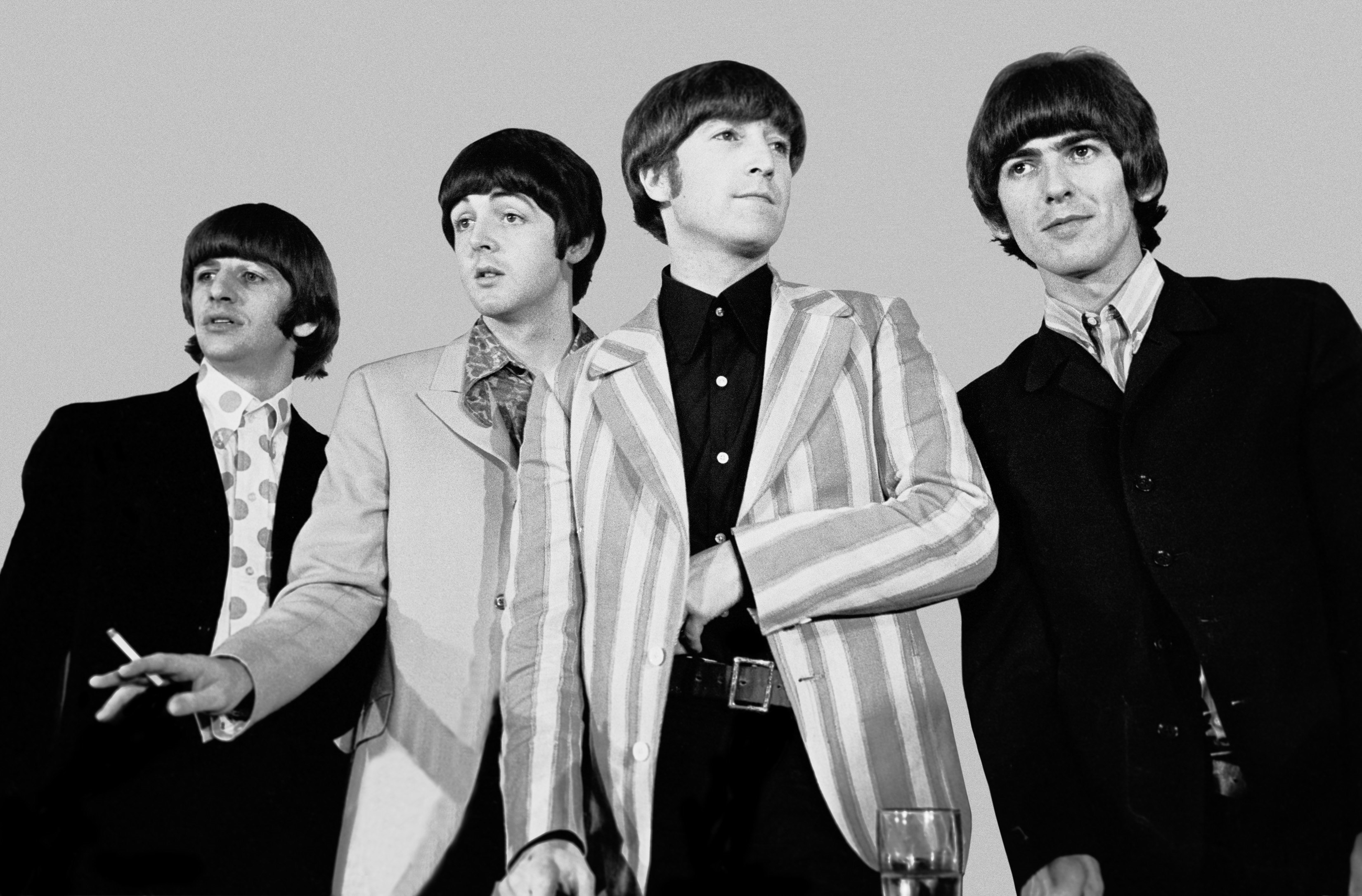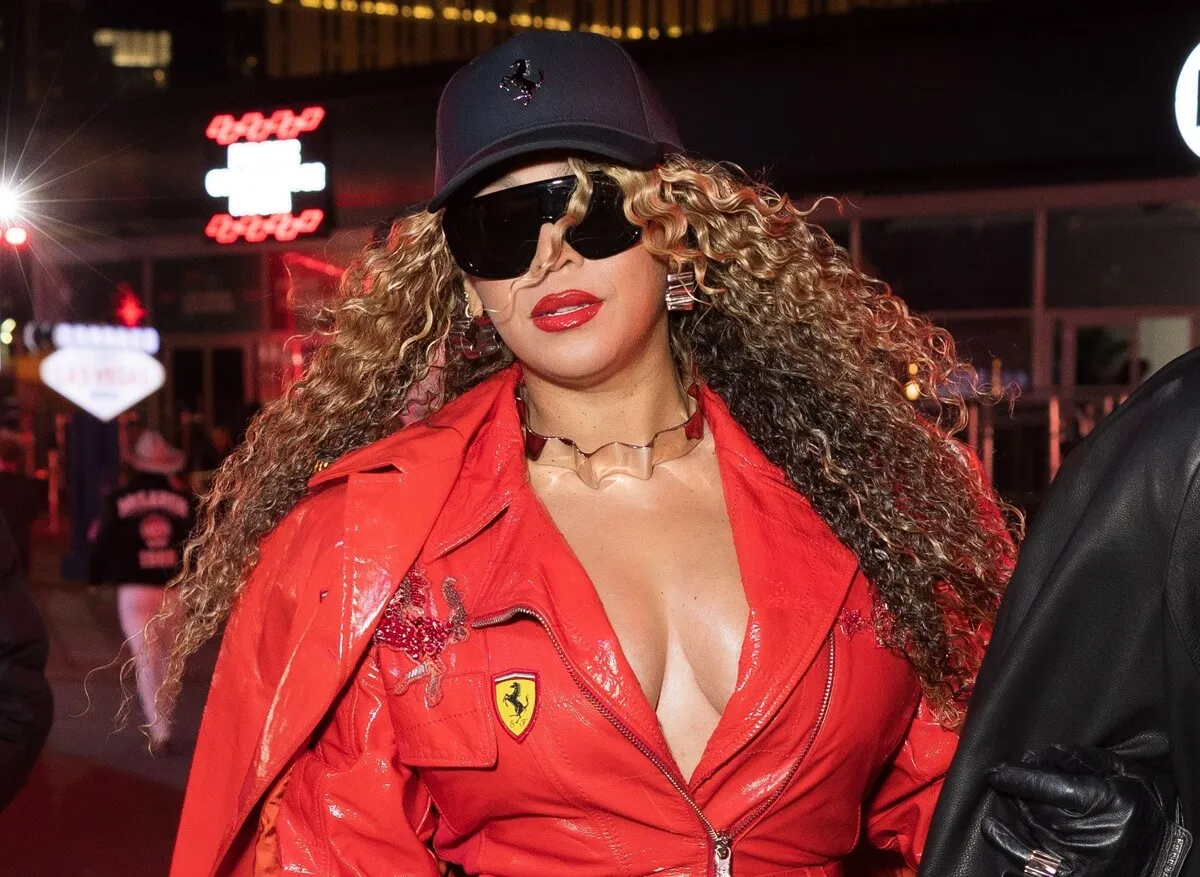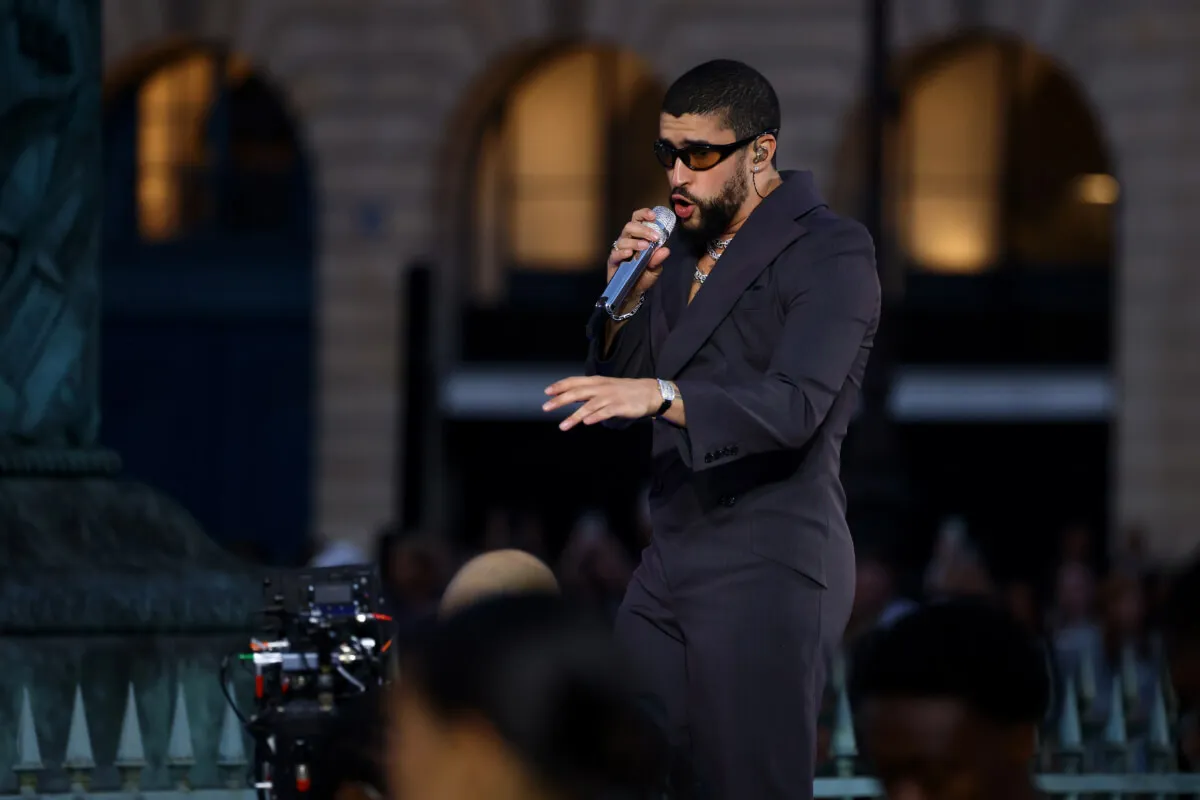
The Beatles Song That John Lennon Said Got ‘Destroyed’
The Beatles often experimented with recording techniques to improve their sound. However, the band never perfected the new music technologies that were emerging then, leading to some sloppy versions of their songs. One Beatles song, in particular, got “destroyed” by the constant tampering of it, according to John Lennon.
John Lennon said ‘Revolution’ got ‘destroyed’ by a change in speed

“Revolution” was released in 1968 as the B-side to “Hey Jude.” While the song got Lennon’s political views out there, it wasn’t the version he liked. The track has been released multiple times with different variations. “Revolution 1” was recorded before the official release and is noticeably slower. Paul McCartney and George Harrison believed “Revolution 1” was too slow to be a single, so they released a faster version.
In a 1974 interview for New York’s WNEW-FM, Lennon acknowledged many differences between stereo and mono mixes and pointed to “Revolution” as an example of why remixing-in-mono can sometimes make songs worse.
“There’s a difference between stereo and mono, obviously. If you mix something in mono and try to fake it, you lose the guts of it. A lot of them lost that,” Lennon said. “The fast version of ‘Revolution’ was destroyed. It was a heavy record, and they turned it into a piece of ice cream.”
‘Revolution’ took a risk politically for The Beatles
Even though The Beatles were the biggest band of the 1960s, they largely avoided voicing their political opinions in their music. Lennon did stir up some controversy when he did share his views. Some songs like “Taxman” and “Blackbird” were political, but they were either subtle or too casual in their messaging.
“Revolution” was the first overtly political song written by John Lennon for The Beatles. An early preview of his solo career, Lennon felt he needed to share his views on the Vietnam War and the many protests surrounding it. The Beatles’ manager Brian Epstein urged him not to, but Lennon needed to get his opinion out there.
“We recorded the song twice,” Lennon told Playboy in 1980. “The Beatles were getting real tense with each other. I did the slow version, and I wanted it out as a single: as a statement of The Beatles’ position on Vietnam and The Beatles’ position on revolution. For years, on The Beatles’ tours, Brian Epstein had stopped us from saying anything about Vietnam or the war. And he wouldn’t allow questions about it. But on one of the last tours, I said, ‘I am going to answer about the war. We can’t ignore it.’ I absolutely wanted The Beatles to say something about the war.”
How did ‘Revolution’ perform on the charts?
Against John Lennon’s wishes, The Beatles ultimately released “Revolution” as a B-side. “Hey Jude” ended up as the big hit from that single, reaching No. 1 on the charts worldwide. However, “Revolution” was a minor hit, reaching No. 12 on the U.S. Billboard Hot 100. However, it was a massive hit down under, as it peaked at No. 1 in Australia and New Zealand.
It became an essential song in the Beatles’ history because fans love to debate which version is the best. Is it “Revolution 1,” “Revolution 9,” or the single version? Fans have their own opinions, and the debate has kept the track relevant today.


